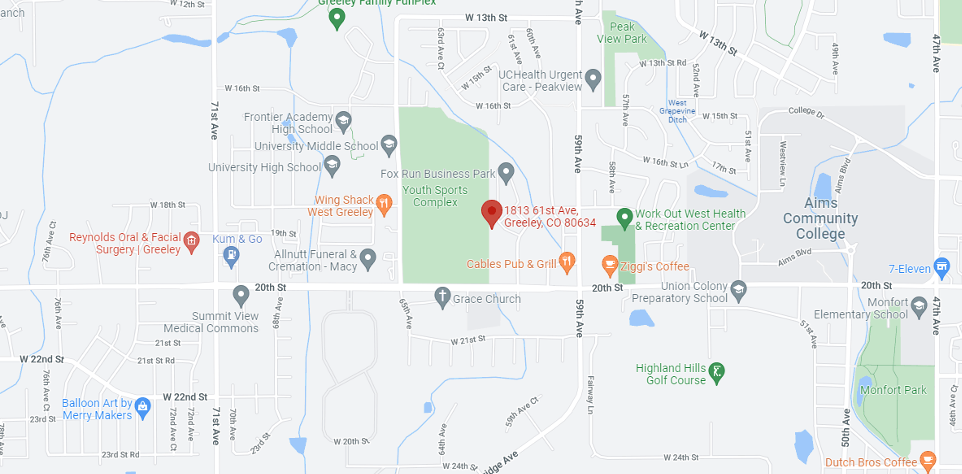
Rumor has it that the Queen of England doesn’t allow garlic in the palace. And, even if you have no royal duties in the near future, it might be a good idea to avoid foods like garlic and onion before a big presentation or a first date. But if your diet is filled with mint, fresh apples, and parsley and you still worry about your breath, here are some common causes for bad breath that you might not have considered.
We brush and floss to remove food particles and bacteria. After all, bacteria that linger in the mouth produce acids that damage tooth enamel and cause bad breath. But there is one important brushing target you might be overlooking—your tongue.
Remove food particles and bacteria on the surface of the tongue with a gentle brushing after you have finished cleaning your teeth. With a dab of toothpaste, brush the top of your tongue gently from back to front. There are also tools called tongue scrapers available that are specifically designed to remove food particles and bacteria from the tongue’s surface. However you choose to clean your tongue, remember to move from the back to the front, and always clean gently.
We spend the vast majority of our day not brushing our teeth. What helps keep breath fresh even during the hours between brushings? Saliva! As saliva bathes the teeth throughout the day, it not only washes away food particles and bacteria, but also neutralizes the enamel-damaging acids that are produced by bacteria. Yet another benefit? Saliva is not a friendly environment for the oral bacteria that produce volatile sulfur compounds (VSCs). It is these compounds that cause most of the unpleasant odors we know as bad breath.
If you are drinking the recommended amount of water each day, you are helping your body produce saliva and fight bad breath. Sometimes, a medical condition called dry mouth, or xerostomia, interferes with saliva production. Talk to Drs. Kevin and Kami Marr about ways to deal with dry mouth. Solutions as simple as drinking more fluids or chewing sugarless gum can help, or we can suggest over-the-counter products or prescription medications if needed.
We’re all familiar with the concept of morning breath. As we sleep, our saliva production naturally decreases. It’s like a nightly version of dry mouth. Without normal levels of saliva, bacterial growth takes off, VSC’s are produced in greater quantities, and we wake up wondering what on earth happened to that fresh feeling we had after brushing the night before.
Unfortunately for snorers, nighttime brings more problems. Snoring leads to mouth breathing, and mouth breathing creates an even drier environment where oral bacteria increase more quickly. If you find you are consistently waking up with an especially unpleasant case of morning breath, you could be a chronic snorer without even realizing it. If you discover or suspect you have a snoring problem, talk to Drs. Kevin and Kami Marr or your GP. Snoring can have serious health consequences, so let’s discuss possible solutions.
One important note to end on: if you have eliminated all the obvious causes of halitosis but still have persistent bad breath, give our Greeley office a call. Chronic bad breath can be a symptom of serious gum disease, oral infections, illnesses such as diabetes or kidney disease, and other medical conditions that should be treated as soon as possible. If the topic is bad breath, let’s make sure garlic is the only thing you have to worry about.




